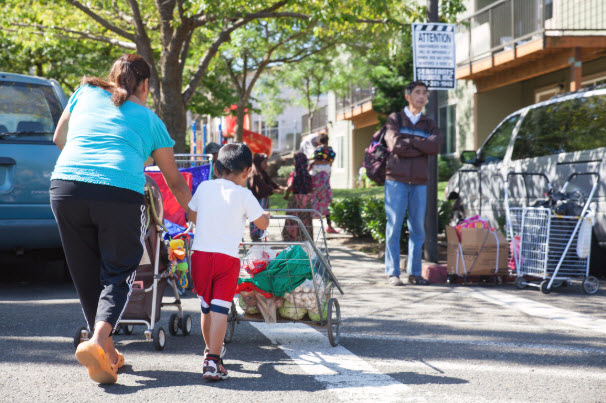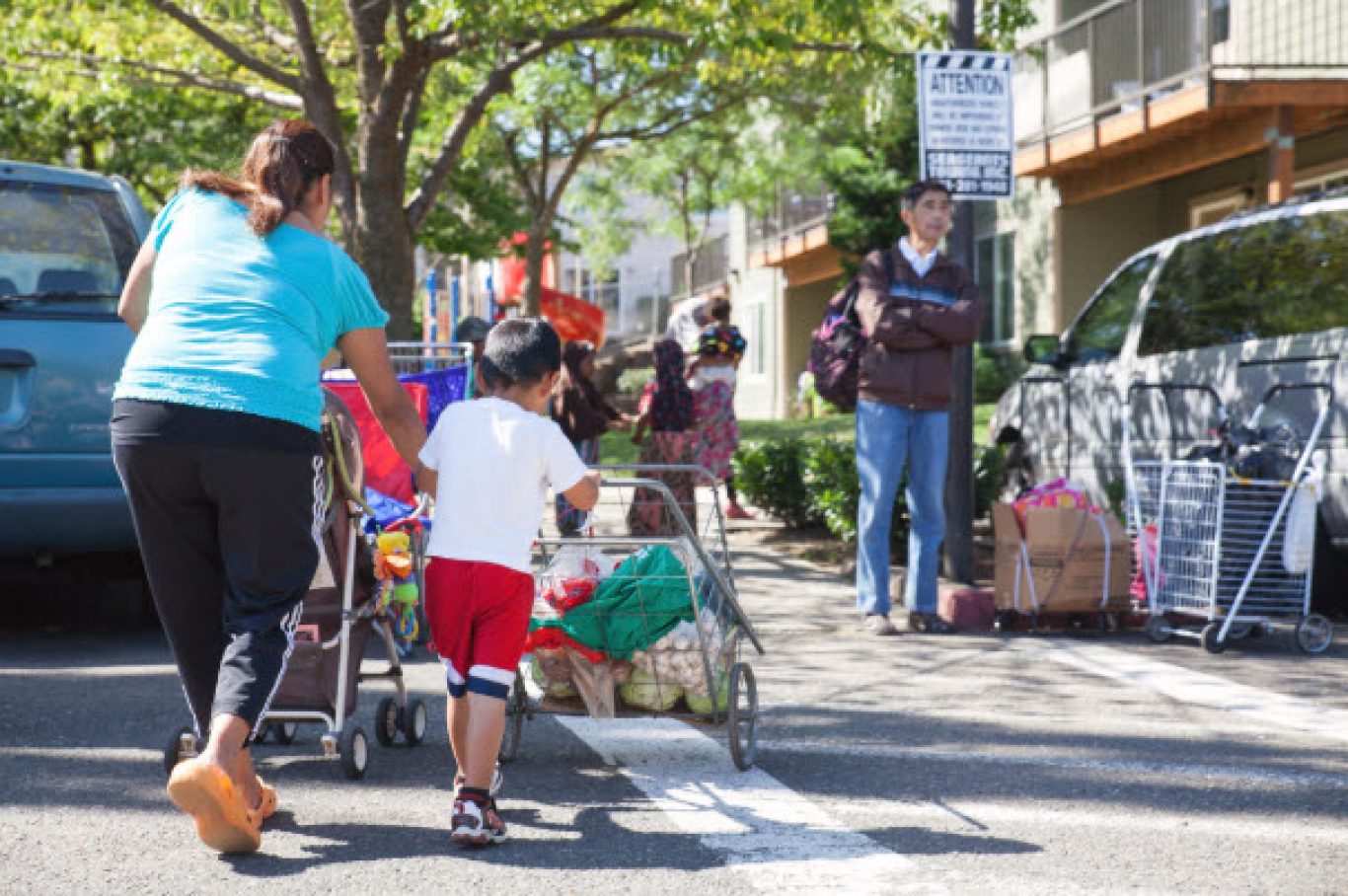We reject the criminalization of immigrants
We reject the criminalization of immigrants
Oregon Food Bank issues statement in response to Trump administration final public charge rule publication
August 12, 2019 — Oregon Food Bank issued the following statement in response to the Trump administration’s public charge rule release:
“We simply reject the administration’s effort to criminalize immigrants. No family should have to decide between putting food on the table and securing long-term stability for themselves and their children. But that’s what will happen if this new rule from the Department of Homeland Security becomes law,” says Susannah Morgan, CEO, Oregon Food Bank.
“This rule is just the latest in a series of attacks from this administration on immigrants of color and people experiencing hunger and poverty. It would penalize people that utilize nutrition programs and other services that strengthen and support families and communities,” says Morgan.
Background:
When proposed last fall, the public charge regulation drew more than 266,000 public comments, overwhelmingly in opposition. The rule would punish legal immigrants if they receive food assistance through the Supplemental Nutrition Assistance Program (SNAP) by jeopardizing their ability to stay in the United States – even if they are qualified and eligible for SNAP benefits.
The new rule has already created fear and confusion that has dissuaded immigrant communities – regardless of whether they are impacted by the rule – from seeking needed food in the first place. Already food banks across the country are seeing the impact of this rule as immigrant families we serve are becoming fearful of receiving any food assistance.

“AWARE is here to serve and be a part of the whole community. Folks should be able to come here without fear – knowing that they will be treated well. But the current levels of fear experienced by immigrant communities means that folks who need food assistance don’t feel safe getting it.”
– Gabby Pena, AWARE Food Bank, Woodburn, Ore.
